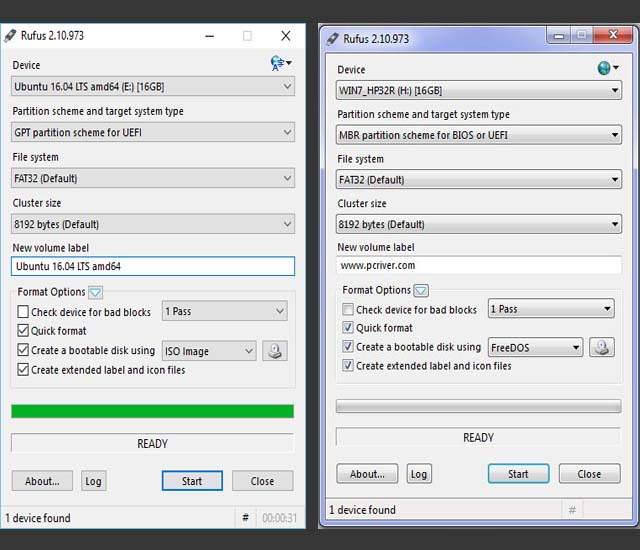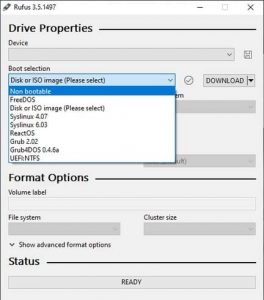

But it takes more than a practised singer to discover new meaning within a pre-existing piece of art, or to add emotional dimensionality to a beloved original. Wainwright’s voice - richly textured, leisurely but tightly controlled, imbued with theatrical vibrato - is the kind that could sing a phone book or a Substack newsletter. The Canadian-American singer, who turns 50 in July, has described “Folkocracy” as a “birthday present to myself.” But the project is also clearly the work of a vocalist who holds himself to the highest standard of the craft. “I think you have to treat it like a life or death situation,” Wainwright explained, when asked about his approach to performing covers. Among the album’s 15 tracks: a sombre murder ballad with Brandi Carlile, a rootsy new take on Neil Young’s “Harvest,” a slow-burning rendition of “Cotton Eye Joe” with Chaka Khan, plus appearances from David Byrne, John Legend, ANOHNI and other members of Wainwright’s sprawling musical family. “Folkocracy,” which arrived Friday, is an unpredictable collection of reimagined folk classics, with contributions from some of the most compelling voices in pop music. Over heavily strummed guitar and mandolin, the song builds toward a tense crescendo, conveying the sense that all the material things on Earth couldn’t satisfy the “sweetest little baby in town.”

Nina Simone’s rendition features a virtuosic piano arrangement that dances between darkness and light.įew contemporary artists understand the art of musical reinterpretation quite like Rufus Wainwright, whose new album of folk covers, “Folkocracy,” includes yet another take on “Hush, Little Baby.” Joined by his sisters Martha and Lucy, the typically comforting tune is transformed into something edgy, even menacing. In the hands of folk singer Joan Baez, the song became a tender expression of parental love. A decade later, Bo Diddley sang an adapted version of the lullaby’s lyrics over a shuffling rock ’n’ roll rhythm, creating a sound that changed the course of popular music. The song was first popularized in the 1950s by folk singer Jean Ritchie, who recorded the song as a simple ballad over an Appalachian dulcimer.

It’s difficult to imagine “Hush, Little Baby” as anything other than a nursery rhyme or a sentimental children’s song.īut for decades, the lullaby, which dates back at least 100 years, was considered a folk standard: a source of raw material with which to shape new musical forms.


 0 kommentar(er)
0 kommentar(er)
